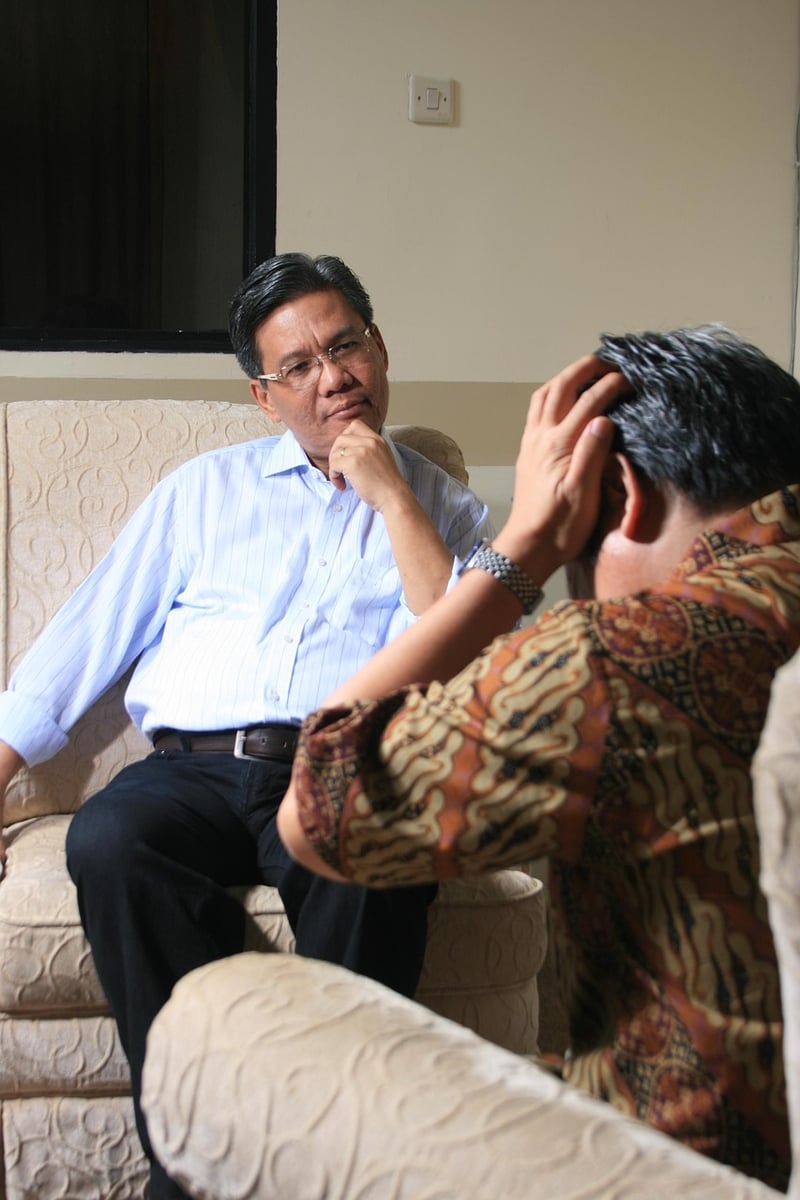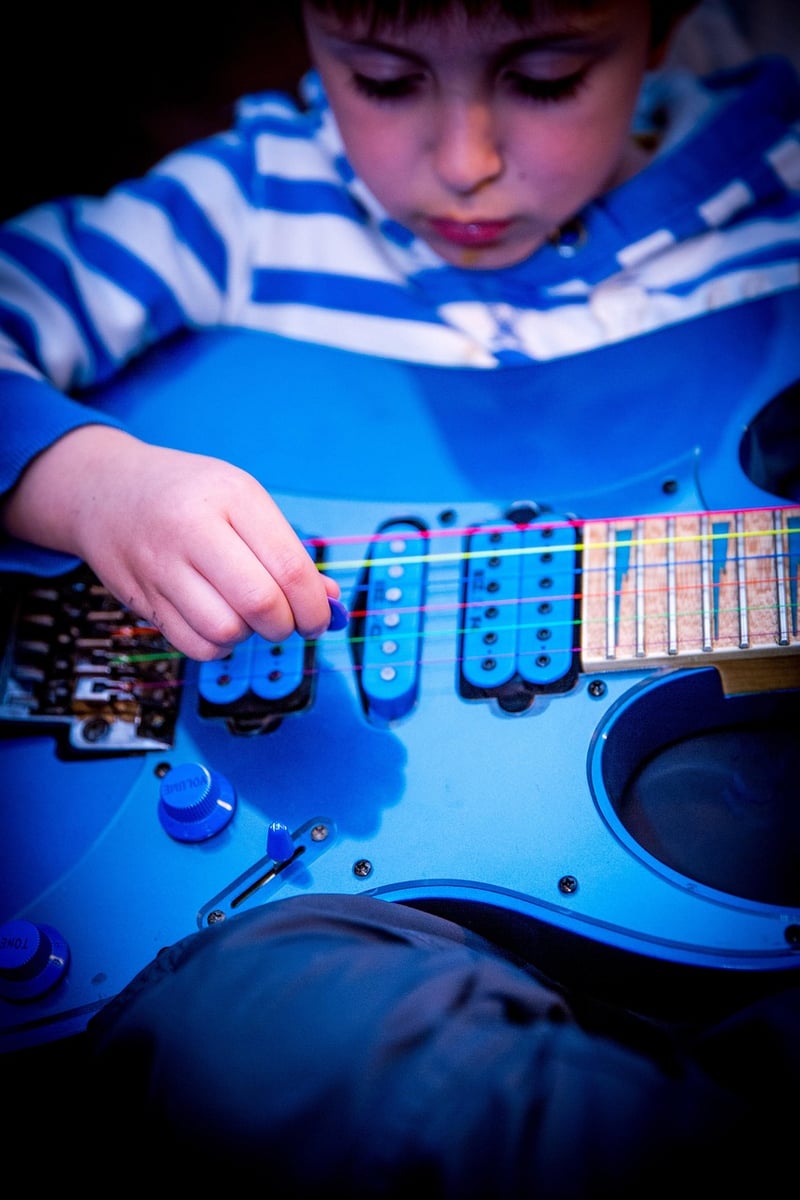Restorative Practice
The Importance of Physical and Mental Well-being in Restorative Practice
Restorative practice is a process that focuses on building relationships and repairing harm through inclusive and participatory approaches. It emphasizes communication, empathy, and understanding to address conflicts and promote a positive community environment. In the context of restorative practice, the well-being of individuals plays a crucial role in the effectiveness of the process.
Physical Well-being
Physical well-being is essential for individuals to actively engage in restorative practices. When individuals are physically healthy, they are better able to communicate, empathize, and participate in the resolution of conflicts. Regular exercise, proper nutrition, and sufficient rest contribute to overall physical well-being and help individuals manage stress and emotions effectively.

Benefits of Physical Well-being in Restorative Practice:
- Improved focus and concentration
- Enhanced communication skills
- Increased resilience to conflict
- Promotion of a positive mindset
Mental Well-being
Mental well-being is equally important in restorative practice as it influences individuals' emotional and cognitive capacities. Practices such as mindfulness, self-reflection, and stress management are valuable tools in maintaining mental well-being. Creating a supportive and non-judgmental environment is essential for individuals to feel psychologically safe and participate actively in the restorative process.

Benefits of Mental Well-being in Restorative Practice:
- Enhanced emotional intelligence
- Improved conflict resolution skills
- Greater self-awareness and empathy
- Reduced negative behaviors and reactions
Integrating Well-being into Restorative Practice
To effectively incorporate physical and mental well-being into restorative practice, facilitators and participants should prioritize self-care, active listening, and emotional regulation. Engaging in activities that promote well-being, such as mindfulness exercises, team-building activities, and open dialogue, can create a conducive environment for conflict resolution and relationship-building.
By recognizing the interconnectedness of physical and mental well-being with restorative practice, individuals can cultivate a holistic approach to conflict resolution and community building. Prioritizing well-being not only enhances the effectiveness of restorative processes but also fosters a culture of care, respect, and understanding within communities.
Embracing physical and mental well-being in restorative practice is a transformative journey towards building healthier relationships, resolving conflicts constructively, and fostering a sense of belonging and connection among individuals.
